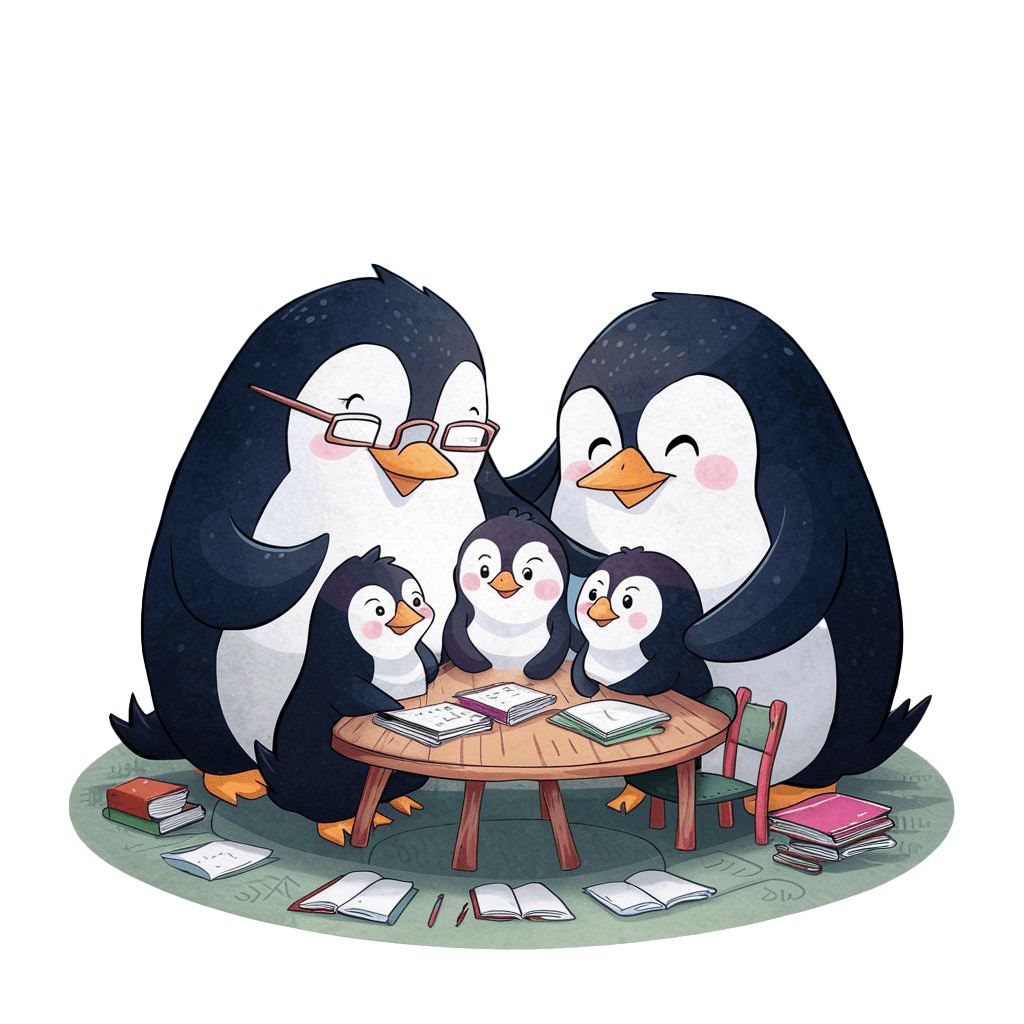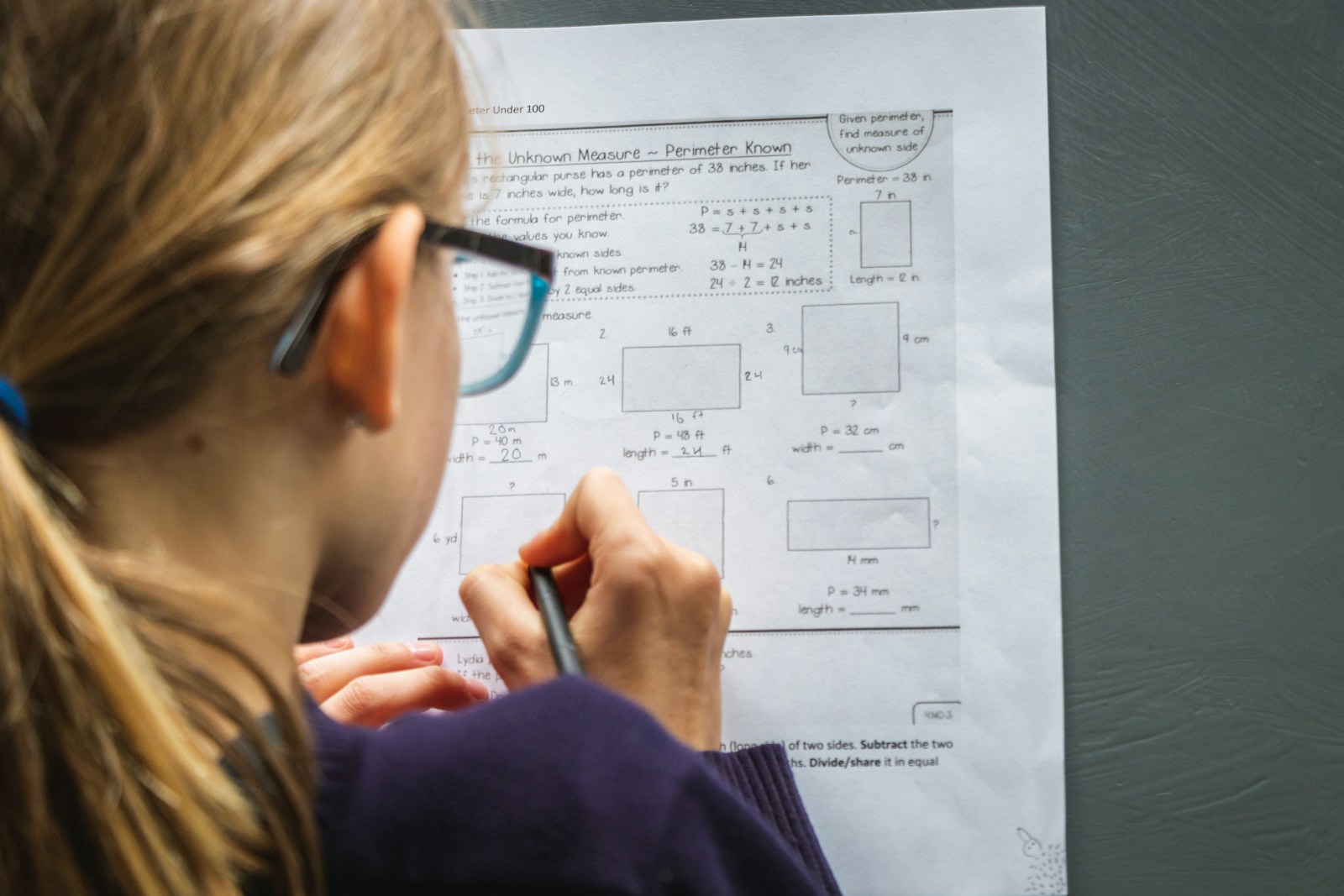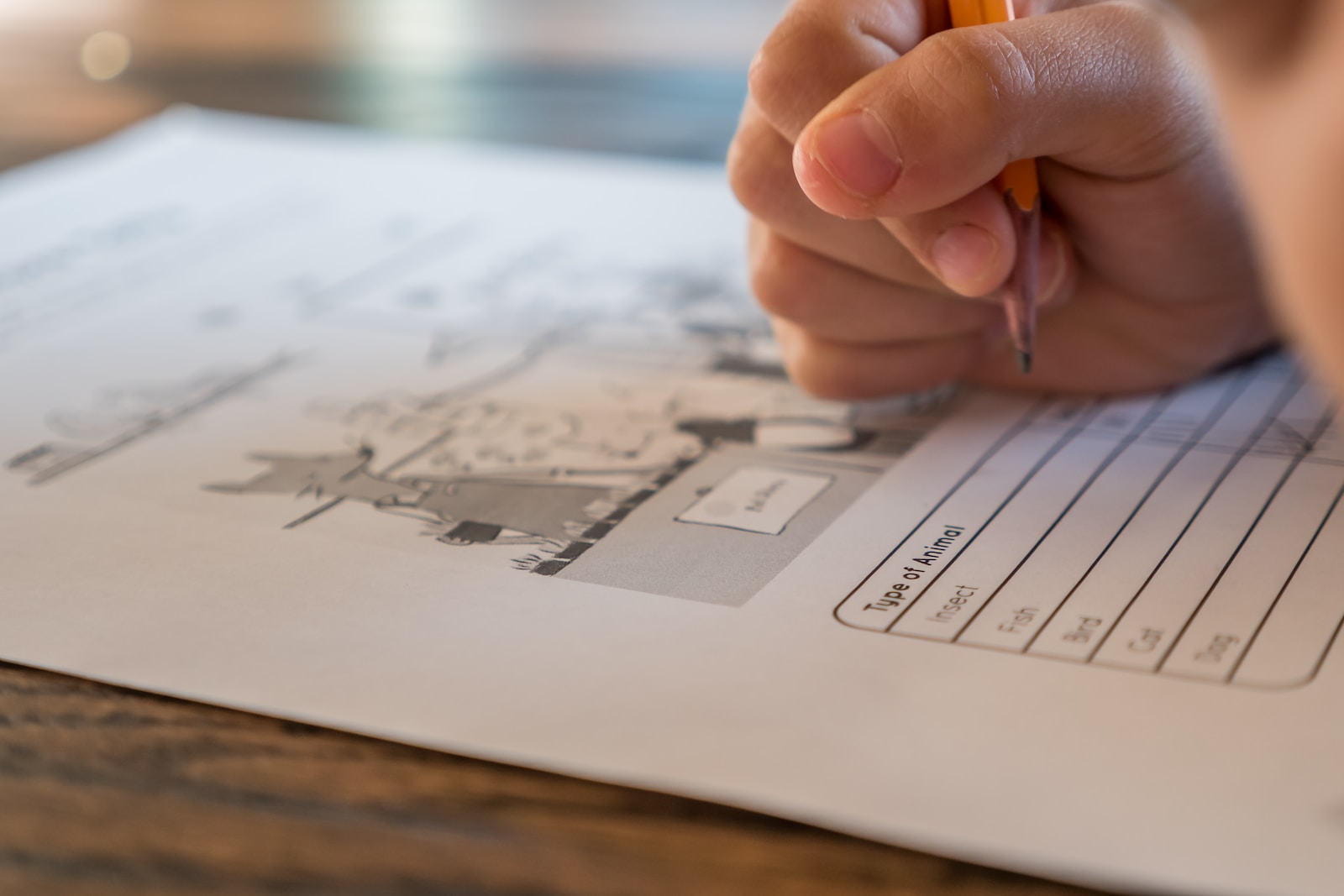
At its root, to traditionally educate means to:
- Enable students to read, write & communicate orally – literacy
- Ensure the ability to perform necessary day-to-day tasks – basic numerical skills
- Broaden a student’s knowledge and understanding about the world, the universe and our place in it – science.
Around the world, curriculums are written with these principles in mind; educational building blocks upon which an education can be built.
The UK curriculum recommends that students sit a minimum of 7 GCSEs:
- English language and literature
- Maths
- Science(s)
- Humanities: Geography or History
- A foreign language
Collectively these 7 GCSEs are known as the English Baccalaureate (EBacc) and whilst it is an accountability measure used as one of the rating tools for UK schools and not a qualification requirement, it is a good subject list to start from when building a home education curriculum. The UK government describes the EBacc subjects as ‘a set of subjects at GCSE that keeps young people’s options open for further study and future careers’. For home educators who want their home learners to graduate from home-ed on an academic par with their peers, it’s a useful core subject list to start from and to aim toward.
Home education gives home educators the freedom to define education as anything they want: The freedom is liberating and terrifying. Using the EBacc as a base level for what our homeschoolers are working towards, frees up our thinking to find liberation in how they can learn and what other ‘education’ home-ed can include. I know that if our home learners can achieve qualifications in these subjects, any other other subjects we focus on in homeschool can be subjects of their choosing, focusing on any specific skill or interest.
BBC Bitesize is the easiest way to plan a curriculum around EBacc subjects – everything that would be covered in schools, for each year group, for each subject, is listed as a topic with lesson plans and activities for learners to study independently. Bitesize is almost a teaching revision guide for every single subject and topic. When writing a home-ed curriculum, it is a good guide to ensure that all core topics for all core subjects are covered. For primary school curriculum topics, Oxford Owl is a useful resource that additionally includes an e-book library for learners to explore.
When planning what your child’s home education will cover in any specific year, finding ‘schemes of work’ for the school year can help plan exactly what needs to be covered – but don’t forget that because home education allows lessons to cover a lot more per lesson than classroom lessons do, a two week scheme of work for a specific topic may only take a couple of days in your homeschool.
Home educated learners most often sit IGCSEs rather than GCSEs because the coursework aspect of GCSEs may not be easy to facilitate. In recent years changes to the structure of GCSEs mean there is now little difference between the two, except that IGCSEs can be sat in countries all around the world. From an EBacc perspective, there is no difference whether home learners sit GCSEs or IGCSEs – they are equivalent qualifications.



